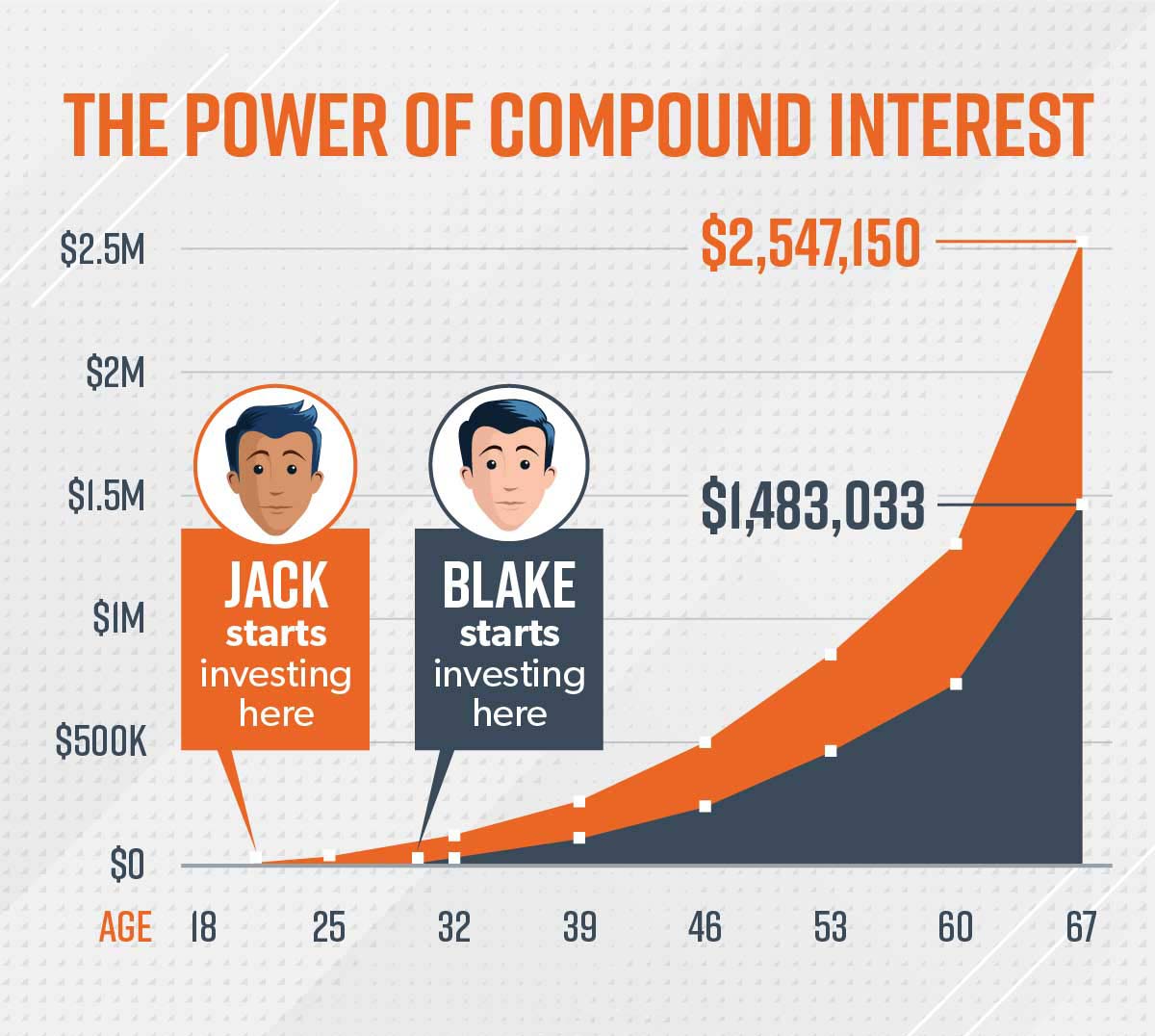If the thought of purchasing the stock exchange frightens you, you are not alone. Individuals with really minimal experience in stock investing are either frightened by horror stories of the typical investor losing 50% of their portfolio valuefor example, in the two How Does Investing Work bear markets that have currently occurred in this millennium or are beguiled by "hot tips" that bear the promise of huge rewards however rarely settle.
The truth is that investing in the stock exchange brings danger, but when approached in a disciplined way, it is among the most effective methods to construct up one's net worth. While the value of one's home usually accounts for many of the net worth of the typical private, the majority of the upscale and very abundant typically have most of their wealth bought stocks.
Secret Takeaways Stocks, or shares of a company, represent ownership equity in the company, which offer investors voting rights along with a residual claim on business revenues in the kind of capital gains and dividends. Stock exchange are where specific and institutional financiers come together to purchase and sell shares in a public location.
For instance, a specific or entity that owns 100,000 shares of a company with one million outstanding shares would have a 10% ownership stake in it. A lot of business have exceptional shares that face the millions or billions. Common and Preferred Stock While there are two main types of stocktypical and preferredthe term "equities" is synonymous with common shares, as their combined market price and trading volumes are numerous magnitudes bigger than that of preferred shares.
Preferred shares are so called because they have preference over the typical shares in a business to receive dividends As assets in the event of a liquidation. Common stock can be further classified in regards to their voting rights. While the standard facility of common shares is that they need to have equivalent voting rightsone vote per share heldsome business have double or multiple classes of stock with various voting rights connected to each class.
